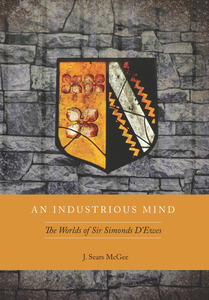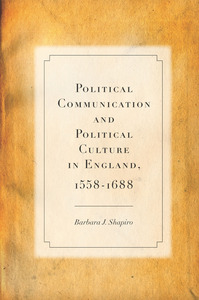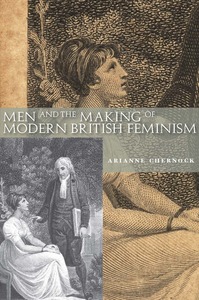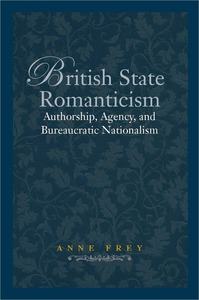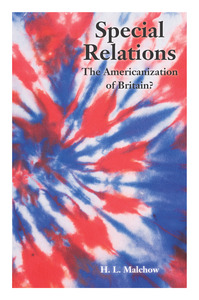
2015
536 pp.
$70.00
Cloth ISBN: 9780804785464
Digital ISBN: 9780804794282
(20% off e-book after you add to Shopping Cart.
Rental options also available.)
This is the first biography of Sir Simonds D'Ewes, a member of England's Long Parliament, Puritan, historian and antiquarian who lived from 1602–1650. D'Ewes took the Puritan side against the supporters of King Charles I in the English Civil War, and his extensive journal of the Long Parliament, together with his autobiography and correspondence, offer a uniquely comprehensive view of the life of a seventeenth-century English gentleman, his opinions, thoughts and prejudices during this tumultuous time.
D'Ewes left the most extensive archive of personal papers of any individual in early modern Europe. His life and thought before the Long Parliament are carefully analyzed, so that the mind of one of the Parliamentarian opponents of King Charles I's policies can be understood more fully than that of any other Member of Parliament. Although conservative in social and political terms, D'Ewes's Puritanism prevented him from joining his Royalist younger brother Richard during the civil war that began in 1642. D'Ewes collected one of the largest private libraries of books and manuscripts in England in his era and used them to pursue historical and antiquarian research. He followed news of national and international events voraciously and conveyed his opinions of them to his friends in many hundreds of letters. McGee's biography is the first thorough exploration of the life and ideas of this extraordinary observer, offering fresh insight into this pivotal time in European history.
About the author
J. Sears McGee is Professor of History at the University of California at Santa Barbara.
"J. Sears McGee, Professor History at the University of California, has turned the lens on Sir Simonds D'Ewes, the Puritan MP for Sudbury, whose journal of the Long Parliament is the most extensive record we have of that revolutionary moment when MPs stood, in D'Ewes's words, 'upon the brink of saving or ruining this distracted kingdom' . . . As a study of lay religiosity at a time of politicized faith, An Industrious Mind is invaluable. And quite a rarity."
—Jessie Childs, Times Literary Supplement
"At last Sir Simonds D'Ewes has found the biographer he deserves. Sears McGee's masterly account of D'Ewes's life and work is essential reading for all scholars of the seventeenth century who have struggled to assess the character and motivations of the greatest of the parliamentary diarists of the Long Parliament. Based firmly on the huge archive of D'Ewes's letters and other writings, this book firmly dispels notions of D'Ewes as pompous, humourless Puritan or political fantasist. McGee writes sympathetically of D'Ewes as loving husband and father, loyal friend and dedicated scholarly collaborator, making this book a compelling read for all interested in the social history of England, as well as its politics and religion, during the decades on either side of 1640."
—Stephen K. Roberts, History of Parliament, London
"An Industrious Mind offers a remarkable portrait of a seventeenth-century life. Sir Simonds D'Ewes' diary of the stirring times in which he lived is well known, but McGee goes beyond the public and political life to present the private man—dutiful son, uxorious husband, anxious father, careful property owner, serious book collector, and antiquarian. The evidence of the diary becomes part of a wider context so that the book provides an account, unique for its time, of a past life lived whole. It does so with clarity and learning and also with understanding and sympathy."
—Barbara Donagan, author of War in England 1642–1649
"In the last fifty years there have not been many books published on early modern English history, running the entire gamut from social history, local studies, political culture and religious history, that have not in some way quoted or referenced D'Ewes and the archive he left behind—from now on they will reference this important biography."
—Chris R. Kyle, Syracuse University
 PRESS
PRESS



